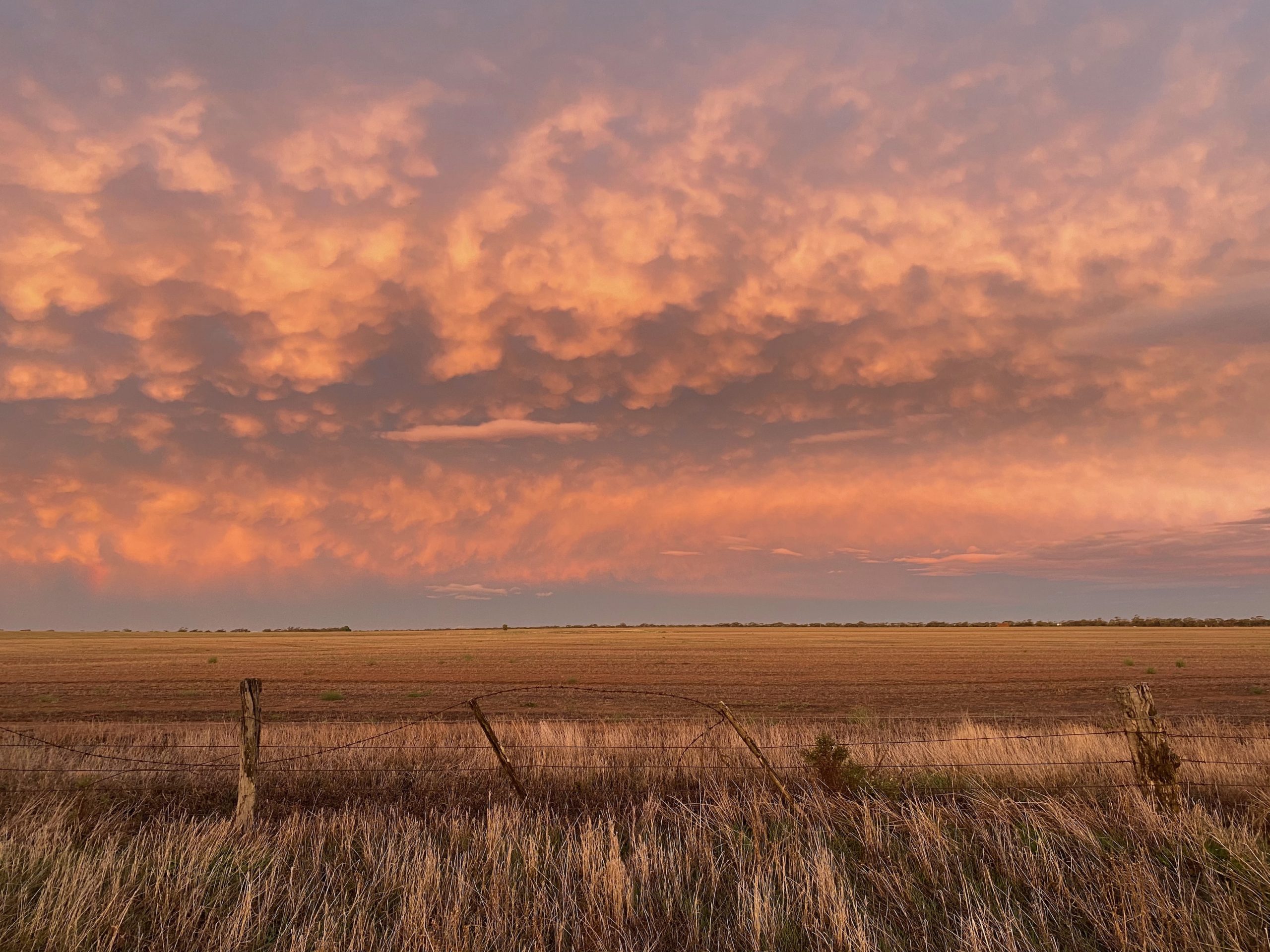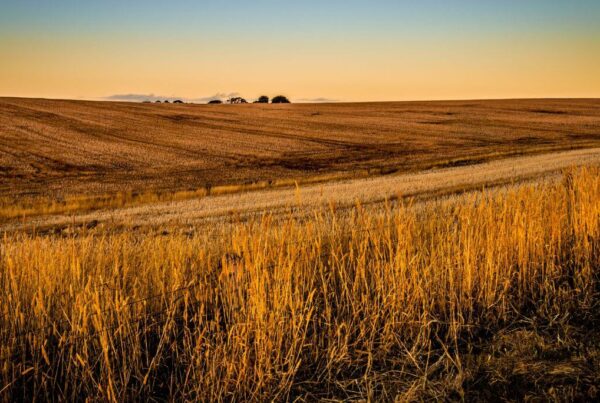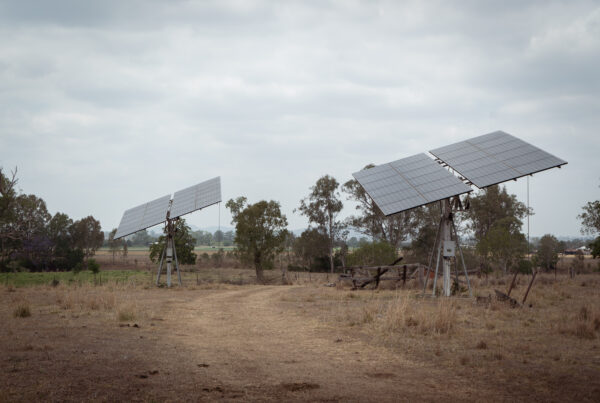3 July 2020
Don’t undermine the Future Drought Fund, warns Farmers for Climate Action
Inaction on energy and rising emissions threaten to undermine the new Future Drought Fund, Farmers for Climate Action has warned.
Crookwell sheep farmer and Farmers for Climate Action deputy chair Charlie Prell welcomed the Fund, launched by the Federal Agriculture Minister David Littleproud this week, but said without strong action to reverse rising emissions its potential will be undermined.
“The Future Drought Fund has real potential to build resilience and better manage climate risks to farming communities. In this way it aligns with Farmers for Climate Action’s own recently-released platform for climate-smart country, Regional Horizons—including a new Resilience Hubs Network.
“The Federal Government’s Future Drought Fund provides much-needed recognition that regional Australia is already grappling with climate change, and that the risks to agriculture are mounting.
“If back-to-back drought, fire, and pandemic have taught us anything it’s that community leadership, social networks, science, access to knowledge, long-range planning, and the capacity to innovate are all vital infrastructure in an increasingly uncertain world.”
Mr Prell said FCA was particularly pleased that Mr Littleproud had appointed some of the country’s most experienced and most thoughtful rural and regional leaders to the Future Drought Fund’s Consultative Committee.
“The Minister’s choice of committee members is reassuring. These are high-calibre people with a deep, holistic understanding of rural and regional Australia, from back paddock to big picture. And they have a record of innovation and thinking ahead.” Mr Prell said.
Farmers for Climate Action CEO Wendy Cohen said the ongoing political squabbling, denial and inaction on climate change would undo the good work of regional leaders and their communities, and erode the potential of the Future Drought Fund to create hope and opportunity.
“In the long run, maybe sooner than most think, farmers’ best efforts will be undermined by a failure to act—decisively and prudently—to avoid dangerous climate change. As decisively and prudently as they’ve done to avoid a catastrophic COVID-19 pandemic.
“This Fund is welcome but governments still need to get their act together. They need to reverse course on coal and gas, and invest instead in a clean, modern energy system and climate-smart solutions on farm.”
Ms Cohen said that FCA looked forward to working with Minister Littleproud to ensure the Future Drought Fund met its full potential, and to explore opportunities to grow new carbon and clean energy industries in the bush.
“Regional Horizons seeks to strengthen existing networks, encourage innovation, and empower communities on the land with choices in a rapidly changing climate.
More information on Regional Horizons can be found here.
ENDS
Media contact: Lara Nicholson on 0431 050 768
Key Facts: Climate Change, Drought and Agriculture
- According to the CSIRO and BoM, Australia has warmed by more than 1 °C on average since 1910, with the risk of drought, fire and flood worsening as the country warms.
- In a 2 °C world, the recent extremely hot, dry summers could become the average by the 2030s or ‘40s, with drought becoming more frequent. Recent research suggests the country hasn’t seen a big dry like the Millennium Drought for at least 400 years.
- According to ABARES, in the last 20 years, climate change wiped around $1.1 billion off the value of Australian agriculture, with cropping hardest hit. Since 1990, wheat yields have stalled with potential yields down by 27% and the cropping belt appears to be shifting southwards
- Today, heat waves cost Victoria’s economy around $97 million annually—about half from agricultural losses. By 2030, as severe heat become more likely, costs could climb to $179 million and as high as $246 million in 2050.
- Currently, Australia is headed for 3–4 °C warming later in the century, with devastating impacts on agriculture and our national prosperity projected. Farm and labour productivity would plummet, costing Australians up to $19 billion by 2030 and $211 billion by 2050, with losses accumulating to more than $4 trillion by 2100.
- Climate change and extreme events are taking a growing toll in health and wellbeing. While Australian farmers and their families are no strangers to adversity, according to the National Rural Health Alliance, “climate change has the potential to further exacerbate many of the unique health challenges in rural and remote Australia”.
- Last month, central banks, including the Reserve Bank of Australia, announced an inquiry into the financial and economic risks of climate change, early action cuts the costs of shifting to clean energy and irreversible damage caused by climate change.
- To stand a fair chance of staying below 1.5 °C, scientists say emissions need to fall by 45% by 2030, reaching net zero by 2050. The longer we wait, the bigger the costs.






